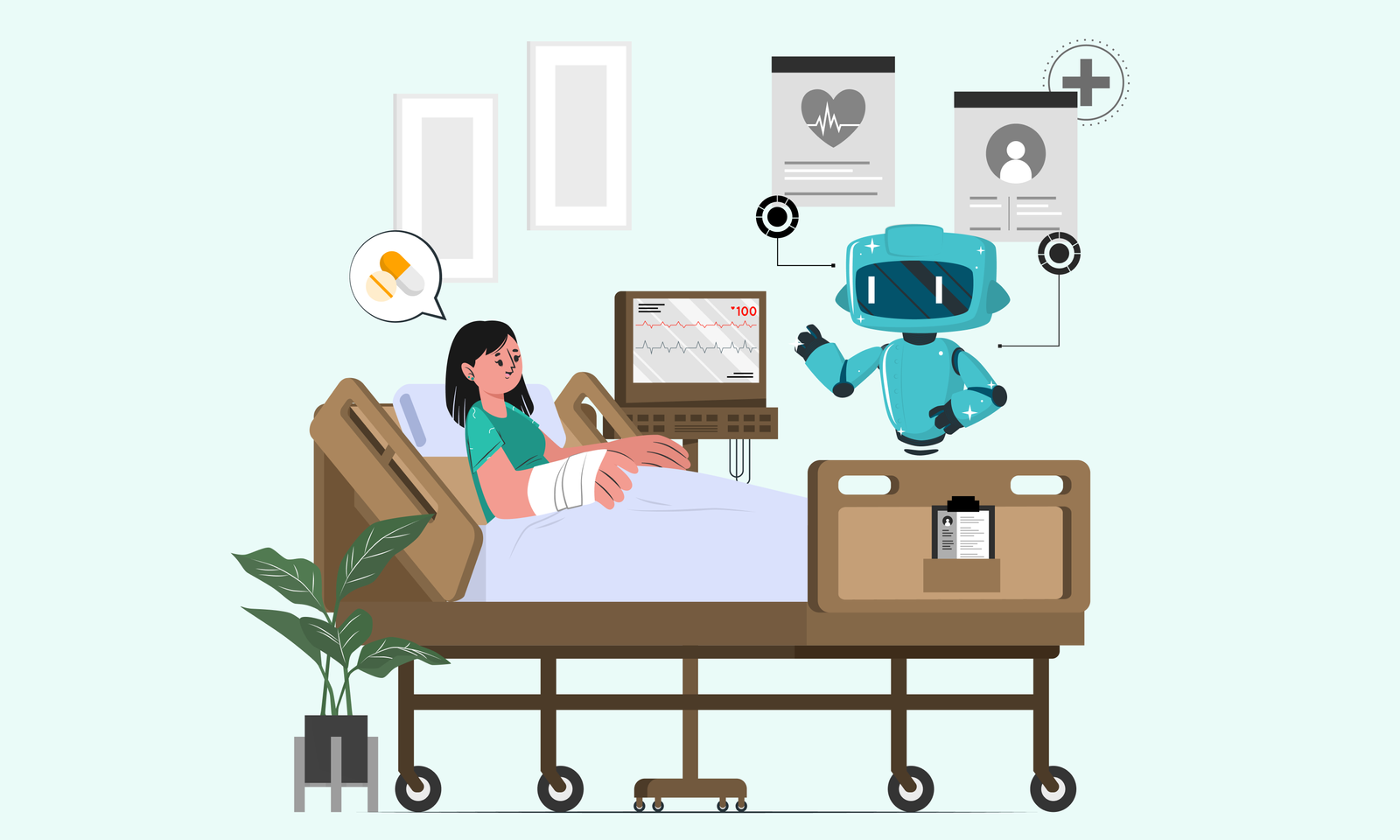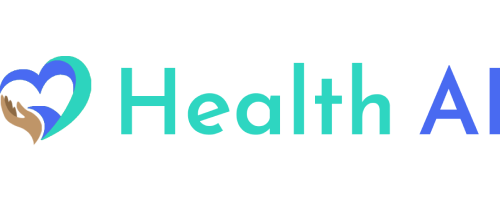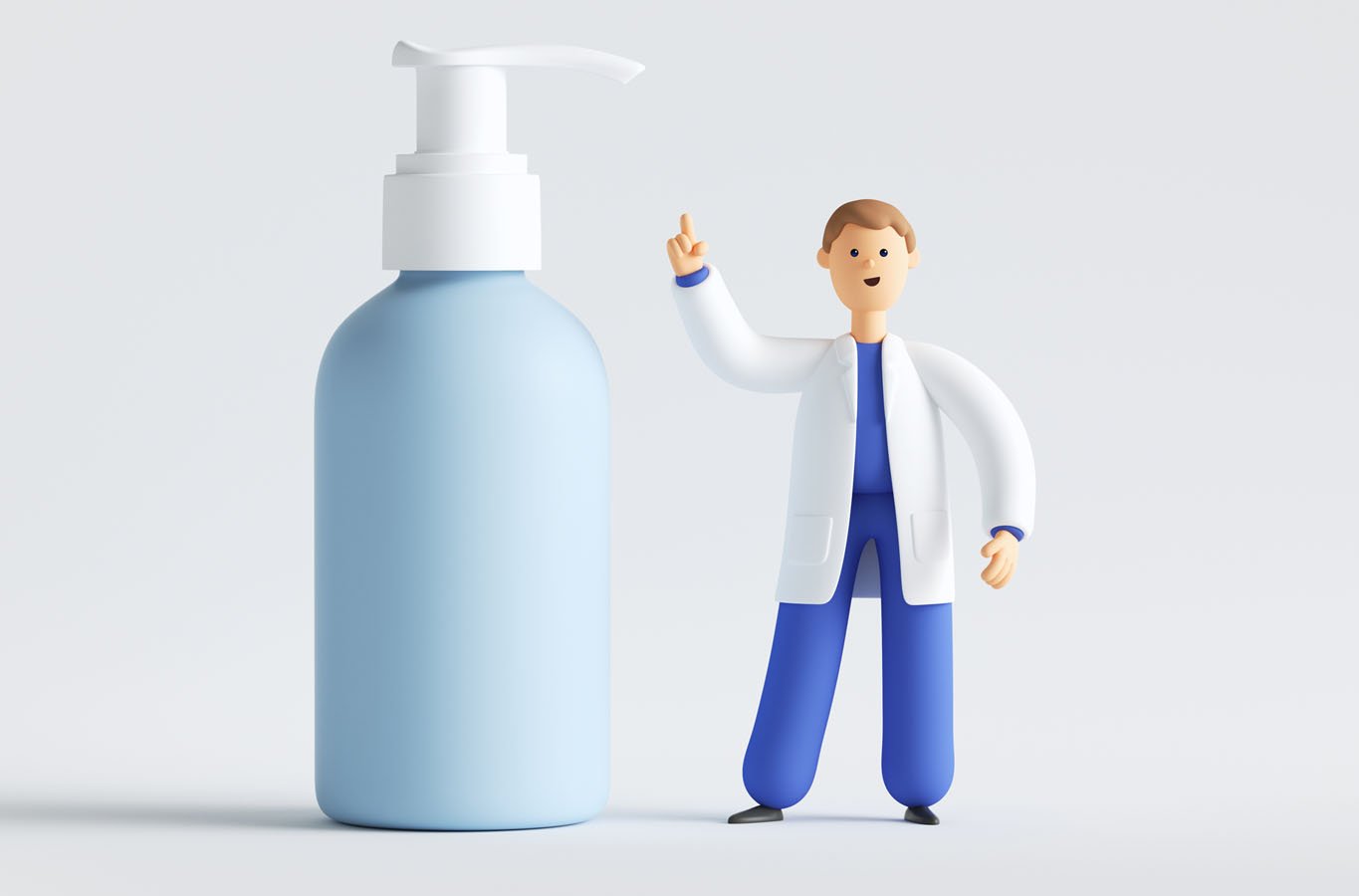
AI has become the new frontier in almost every field, but the healthcare sector has benefitted most from this new technology. The adaptation of AI to medical practices in the field of specializations is rapidly and fundamentally altering the clinical, application, and operational models for specialized medical treatments, meaningful patients’ lives, and valuable organizational functioning. Digital Pathology, Tele-medicine, Personalized treatment, Digital assist in clinical decision making, Digital health and diagnostics systems are few areas where AI is helping healthcare in improving its outcomes and efficiency.
AI Technology Integration in Healthcare
Compared to the other industries, the healthcare industry has been a bit sluggish to adopt AI and this was mainly because of issues to do with regulation and also the incremental implications of the usage of the technology on patients’ lives. Sensing increased accuracy and specificity that is required in managing people’s health due to the variety of diseases, artificial intelligence solutions have started to expand in more specific treatment fields boosted with recent technological achievements. AI systems can work through big amounts of medical information and can help doctors and other medical personnel in the diagnosis of diseases, prognosis of the results of the applied treatments, and the definition of individual treatment strategies.
AI in Pediatric Medicine
While adult healthcare is already benefiting from AI advancements, the application of AI in pediatric medicine is gaining momentum. Pediatric treatments often require highly personalized approaches due to the physiological differences between children and adults. AI has the ability to tailor medical treatments specifically to the needs of pediatric patients by analyzing vast amounts of data, including genetic profiles, developmental factors, and medical history.
Telemedicine and Remote Monitoring
AI application in telemedicine is on the rise despite the pandemic as clinical AI advances. Telemedicine applications are now indispensable for practitioners, providing an opportunity for patients to receive medical consultations without going to clinics. AI improves telemedicine in aspects such as symptoms checkers, voice assistants, and even diagnosis helping tools that assist patents and doctors during the consultation process.
It is equally relevant with the solutions provided for remote real time monitoring systems. Smartwatches and other wearable technologies with AI integrations can monitor and record heart rate, blood pressure, glucose level, sleeping habits, and a lot more in real-time. The said devices allow the constant tracking of conditions, which in turn allows physicians to address patient health changes in advance.
In chronic cases such as diabetes or hypertension, most patients receive timely intercession when using AI driven remote monitoring devices. The information captured from wearables is then channeled to AI algorithms that analyze patterns and identify early signs of ill-health before they worsen, and physicians can act on them in real-time. This model is more useful in elder patients or patients who live in distant areas they cannot easily get to a health facility.
Conclusion
The future of healthcare is being shaped by the integration of AI into specialized medical treatments. From early diagnosis to personalized care, AI is making medical services more efficient, accessible, and accurate. Whether through advancements in digital pathology, telemedicine, or pediatric medicine, AI is transforming how we treat and manage diseases. As AI continues to evolve, its applications in healthcare will undoubtedly expand, offering even more innovative solutions to meet the complex challenges of modern medicine.







